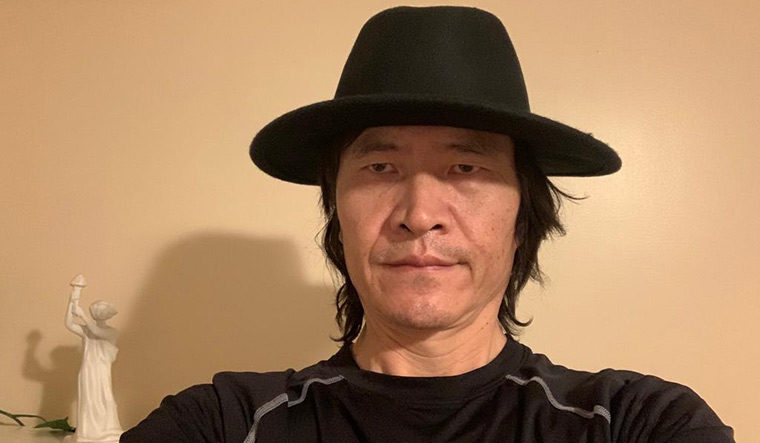IN 1988, before the protests and massacre at Tiananmen Square, I had organised direct elections to the students' union at Tsinghua University. I was a student of physics at Tsinghua, which is also the alma mater of President Xi Jinping and former president Hu Jintao. As a student leader, when I organised elections, I noticed that it motivated many youngsters who participated with great excitement. A year later, when Hu Yaobang, the pro-reform general secretary of the Chinese Communist Party, died, I was one of the first ones to place a wreath in his honour. And it got reported in a national newspaper.
I was excited. For the first time, I realised that our actions can have a profound impact. The protests precipitated by his death, which happened against the backdrop of economic challenges and social change in post-Mao China, were spontaneous. There was no organisation to lead the protests. I became a leader by default as no one wanted to be seen as sticking their neck out at that time.
I was 21, full of hope and courage, and I overcame my fear to face the consequences. I was the last one to leave Tiananmen Square when the tanks started rolling in. I stood 20 feet from the tanks, shouting slogans of freedom. Since we were at the centre of the protests, we knew how many people had been killed at Tiananmen, trying to form a human wall to save us. We later found bodies of children as young as nine and even elderly men and women.
I was put on a most wanted list. When I was arrested, I was sent to a high security prison meant for government officials, as ordinary prisons were full. After a year in jail, I was sent to Yangyuan, a poor and isolated rural county in Hebei province, to be reeducated. I was excluded from the normal career path for physics students from a top university. Having been born in a peasant family to illiterate parents, I felt I had let my mother down by not being able to pay back her love and sacrifices. I was the hope of her life, a star student always. But I became a political prisoner and changed the course of my life for a bigger change for China.
Today, I have tears in my eyes watching young girls and boys holding up blank sheets of paper at Tsinghua and other top universities to express their anger―a rare outpouring of public dissent that has drawn millions of students and ordinary citizens towards demanding freedom and democracy once again. I am proud of them and I wish I could do more. I worry for those who are being put in jails to quell the protests and I demand the CCP disclose their whereabouts.
Thirty-three years ago, I was just like them. But today, these children are continuing our unfinished agenda out of a sense of honour and duty and their love for the people who died due to the zero Covid policy and the fire in Urumqi. What is important is the awakening of the young people who are spontaneous like the 1989 protesters. They have gone through fear and taken action that will go down in history as a unique awakening of the youth who refuse to be brainwashed as slaves to Xi Jinping. Because of Covid restrictions, more and more Chinese people are realising that the country needs freedom from Xi’s dictatorship if they want to avoid a similar situation in future. That is why the young people have a sense of urgency. While there may be no immediate impact of the protests on the political system, anyone with reflective thinking will know how amazing this wave of protest is where the people are picking up the torch for others.
After I moved to the United States, I started working to support the prisoners in China. Most are forgotten in public memory, but they are the great heroes of China, just like the students and citizens who have been protesting, who possess the real spirit and strength of China that will usher in a positive change.
This is a rare defeat for Xi as it is the first time he has relaxed the restrictive Covid measures. Paranoid about losing control, he is arresting most protesters. Further mistakes will become the source for more protests. Protests have spread far and wide. New York City has seen the largest such crowd since 1989, while Chinese missions across multiple countries have witnessed demonstrations by young people who are carrying forward the legacy of Tiananmen with the motto, “It is my duty”.
Zhou was among the most wanted student leaders of the 1989 Tiananmen Square protests.
As told to Namrata Biji Ahuja.


